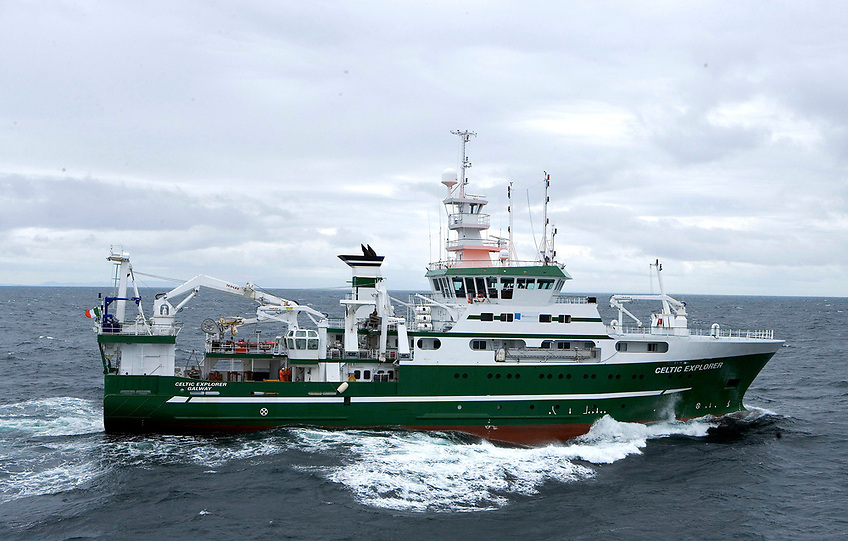Coastwatch has appealed for volunteers to join its annual autumn shore survey, which runs from mid-September to mid-October.
“This is now one of the longest standing citizen science projects in Ireland,” Coastwatch founder Karin Dubsky says.
” It’s a basic eco-audit of the shore carried out around low tide between Sept 15th and Oct 15th,” she says.
“You can go out as a group, divide tasks between you and cover long dune stretches in one sweep, having fun at the same time; or you go in pairs or alone to a favourite quiet spot,” Dubsky explains.
 The Dublin Bay shoreline will be part of the Coastwatch survey Photo: Karin Dubsy
The Dublin Bay shoreline will be part of the Coastwatch survey Photo: Karin Dubsy
“Either way, you are carefully observing, testing any streams you might cross and then report back on the state of that shore,” she says.
The annual citizen science audit started in 1987, with The Irish Times publishing a pull-out survey page.
It is now largely online with an accessible GIS map to choose sites to survey once between Sept 15th and Oct 15th, Dubsky says.
Volunteers book their site on an interactive map and download materials, or ask Coastwatch for these, Dubsky says.
They can “zig-zag” their chosen 500m of shore around low tide to record and report their findings from erosion to stream water quality, using test kits, and record key animals and plants along with waste and litter, she explains.
Micro litter can also be recorded, using a Coastwatch developed app, Dubsky says.
The first results will be presented in early December at Trinity College Dublin.
 The Bull island lagoon, Dublin Bay with wet wipes close to an outflow pipe Photo: Gereon Guenter
The Bull island lagoon, Dublin Bay with wet wipes close to an outflow pipe Photo: Gereon Guenter
Dubsky says training is provided for new volunteers, and regional coordinators are planning joint survey events to cover some areas really well.
‘This year, we focus on the quality of small streams, seagrass and on litter which would be better addressed by prevention and law than by clean-ups,” Michael Walsh of the Coastwatch team says.
“Small coastal streams may not look impressive but can host fish like seatrout and eel,” John Cullen, one of the Coastwatch team scientists, explains.
“In a training session last week, we checked a tiny stream flowing through Tintern Abbey walled gardens, Co Wexford”, Dubsky says.
“It was full of life and young sea trout are regularly observed here. We would love to mark such streams with big smiley faces on our maps and help restore other streams which we find in a dead or sad state,” she says.
‘With bird flu hitting many seabird colonies, we are now also asking for photographs and to report dead birds to DAFM using the Avian Flu reporting app or hotline so they can pick up and test for flu,” she says.
This will be the third year of recording COVID-related litter, and the first full year since government restrictions on a range of single-use plastics (SUP) has been implemented.
A three-year snapshot of Covid-related litter and SUP plastic will be published in December, she said.
All materials are on the Coastwatch website www.coastwatch.org or available from coordinators.































































